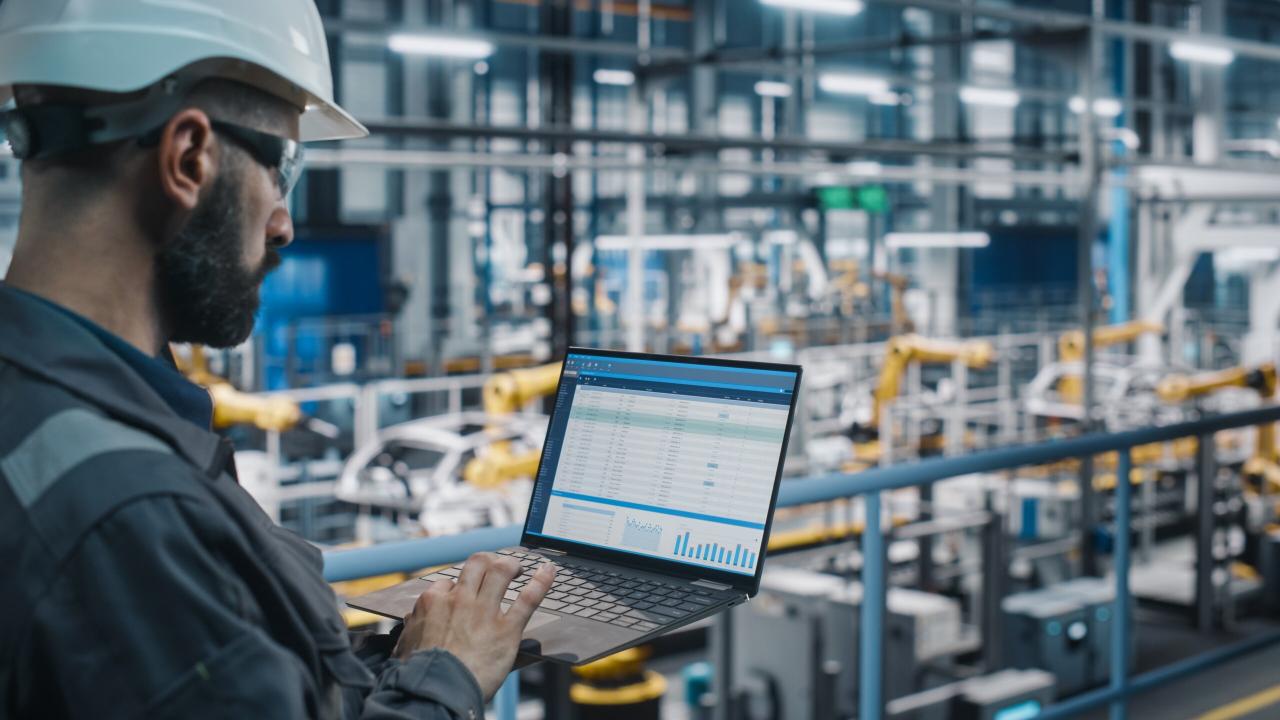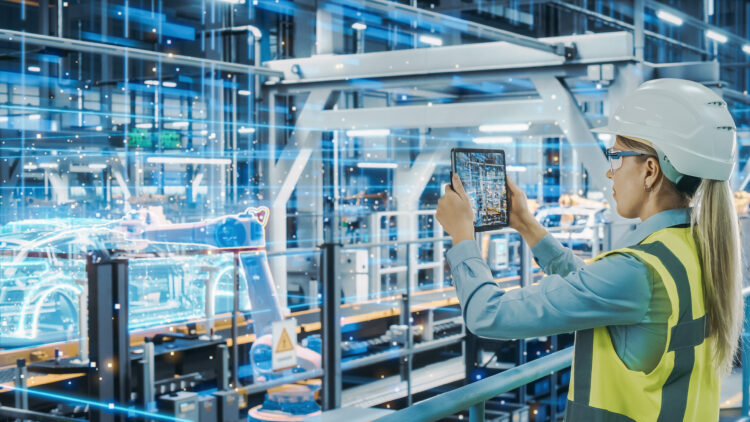In the rapidly transforming industrial landscape of the current era, intelligent manufacturing has emerged as a transformative power. Robotics, being the fulcrum of this change, combinatorially interacts with high-end technologies such as Artificial Intelligence (AI), Internet of Things (IoT), and big data analytics. But what are the processes by which robots are revolutionizing manufacturing, and why is such convergence so crucial in Industry 4.0?
Efficiency Beyond Human Limits
First and foremost, robotics in intelligent manufacturing provides efficiency that is far greater than any conventional production approaches. Contrary to human employees, robots can work around the clock without developing fatigue. Additionally, they perform repetitive and precision-oriented tasks with high precision, ultimately lessening errors and improving overall productivity.
Seamless Collaboration Between Humans and Machines
In addition, the concept of cobots—collaborative robots—is transforming shop floors worldwide. Unlike typical industrial robots confined in cages, cobots work with human employees. Thus, they enhance workplace safety, reduce human physical workloads, and allow individuals to focus on jobs that demand creativity and problem-solving.

Data-Driven Production Insights
Furthermore, smart robots not only execute actions; they also produce valuable data. Such data, when combined with IoT sensors and predictive analytics, provides manufacturers with real-time insights. Hence, companies are able to forecast equipment failure, optimize resource utilization, and enhance supply chain management.
Sustainability and Waste Reduction
The other significant advantage is in sustainability. Robotics gives precision production, decreasing material waste and energy consumption. Therefore, robot-based intelligent factories not only conserve money, but also address global agendas of reducing environmental impact.
The Road Ahead for Industry 4.0
Finally, smart manufacturing robotics is not simply automation—it is a vision for a world where humans and machines cooperate together. As companies integrate AI-driven robots, 3D printing, and autonomous systems, the manufacturing sector will continue to shift toward higher efficiency, flexibility, and sustainability.
In short, smart manufacturing is no longer a choice; robotics in smart manufacturing is a business strategy requirement for businesses that aspire to thrive in the Industry 4.0 age.








